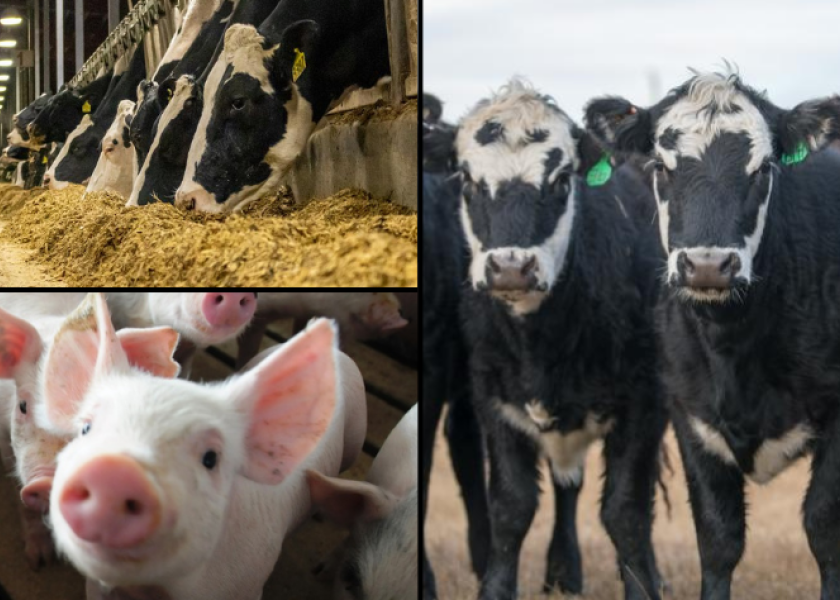APHIS Bolsters Animal Health Surveillance for Unexplained Mortality Investigations

The USDA's Animal and Plant Health Inspection Service (APHIS) is collaborating with the National Animal Health Laboratory Network (NAHLN) to bolster national animal health preparedness. This $1 million in funding supports rapid investigations of unexplained morbidity or mortality events, or UMEs, in animals – unexpected deaths or illnesses that could signal emerging threats.
"This proactive approach to surveillance strengthens APHIS' commitment to safeguarding animal health across the nation," USDA said in a release.
This cooperative agreement is managed by Michigan State University’s Veterinary Diagnostic Laboratory, a member of the NAHLN. The funding will be used to reimburse testing expenses at any NAHLN laboratory for UME cases that meet specific criteria, USDA explained.
"The ability to rapidly diagnose unknown illnesses in animals is vital for preventing outbreaks and safeguarding public health,” Mike Watson, APHIS Administrator, said in a release. “This new cooperative agreement marks a significant leap forward in our ability to detect emerging threats at the earliest stages through advanced testing and collaboration with the NAHLN."
Testing is essential to not only identify the causes of illness or death in animals, but also to evaluate potential risks to other animals and public health. By providing funding for UME testing, APHIS is helping to proactively identify and address potential disease threats before they become larger, more difficult-to-control outbreaks.
“Early detection and identification of potential threats to animal health is critical to our ability to protect the health of our nation’s animals, the food supply, and potentially human health,” Sara Ahola, APHIS Veterinarian Medical Officer and UME project lead, said in the release.
This also helps protect international trade opportunities, which is critically important to the U.S. meat industry.
“Market access is critical. We must continue to prevent foreign animal disease. If we lose our free disease status, it will be an unbelievable game changer. Our industry will survive, but it will never be the same," Erin Borror, U.S. Meat Export Federation vice president of economic analysis, said during the American Association of Swine Veterinarians annual meeting on Tuesday in Nashville, Tenn.
Read More:
What Everyone Was Talking About at AASV's Annual Meeting
Assume the Barn Has Disease Even If It Doesn't
Effective Swine Biosecurity That Helps Stretch a Dollar
5 Practical Ideas Pork Producers Can Borrow from the Egg Industry







